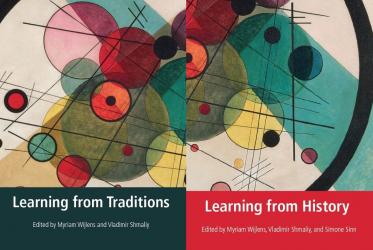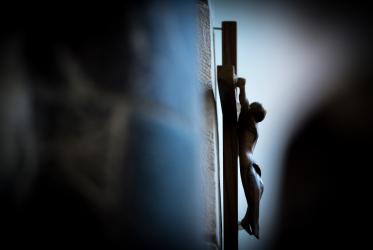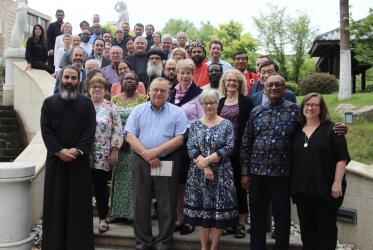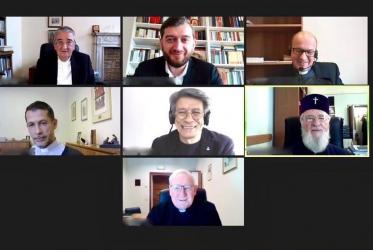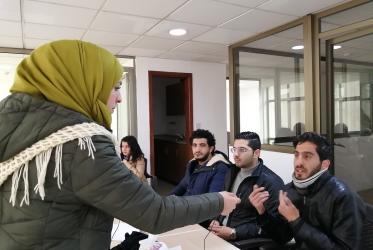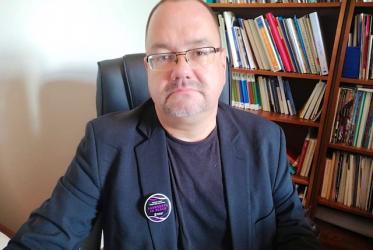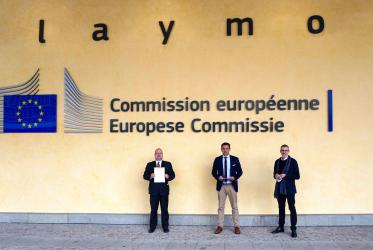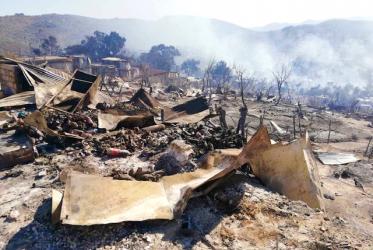Displaying 141 - 160 of 518
WCC Faith and Order Commission to convene online
12 January 2021
Webinar will highlight “People on the Move: Solidarity and Advocacy”
05 November 2020
Rev. Dr Hans-Ruedi Weber dies at 97
29 October 2020
Bilateral dialogue “an activity of the churches themselves”
29 October 2020
Are migrants seen and heard? Conference presses the question
19 October 2020
Ecumenical statement on migration received by European Commission
25 September 2020
